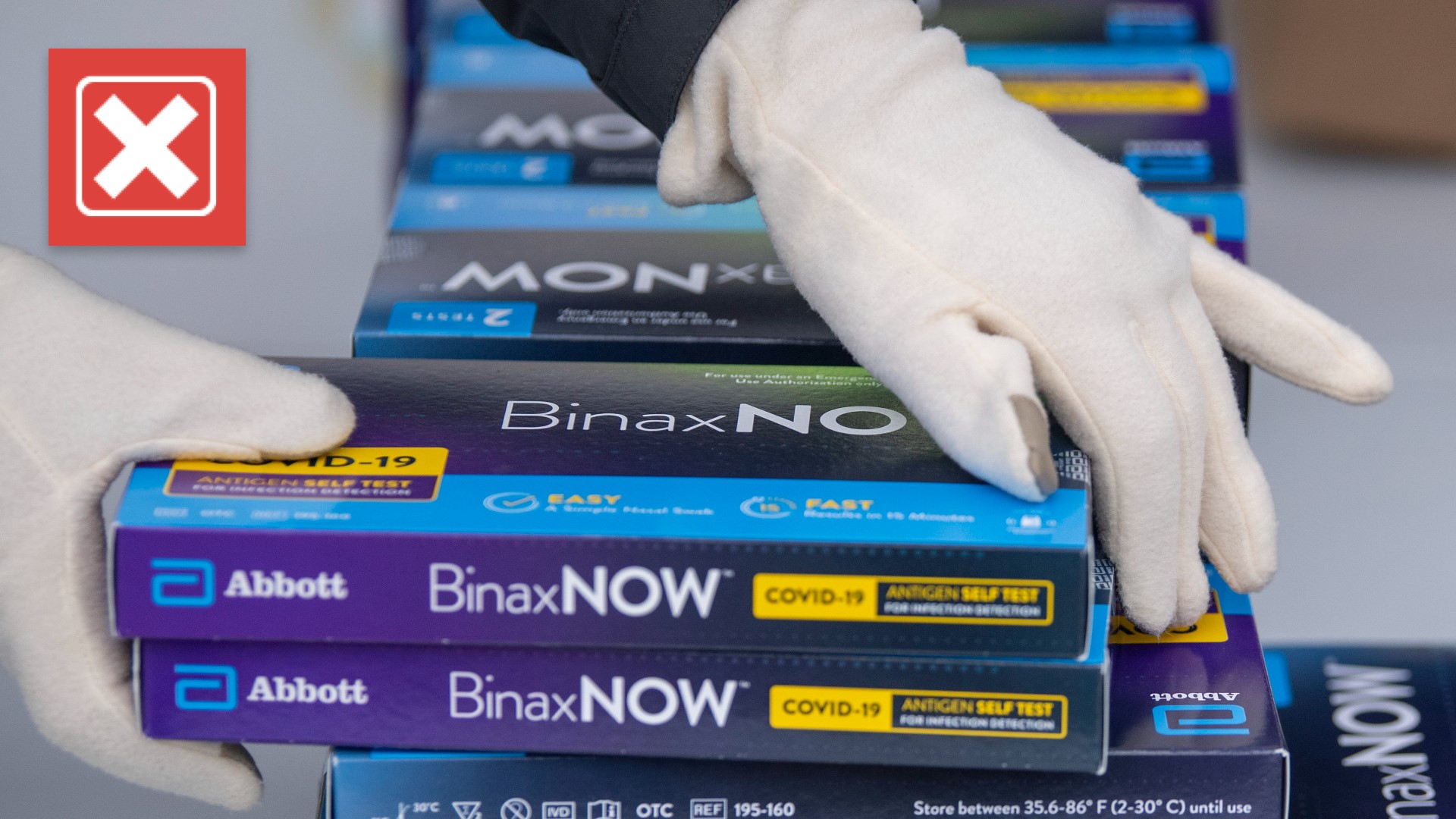COLUMBUS, Ohio — There are multiple variants of COVID-19, the two most known ones being delta and omicron.
A viewer emailed 10TV saying she tested positive for COVID-19 and asked which variant it was. She said the nurse told her "they cannot test the variant, only that we have it or not."
THE QUESTION: How are you reporting spikes and different variants if if the hospital says they can't test for the variant?
THE SOURCES:
- The Ohio Department of Health
- Dr. Joseph Gastaldo of OhioHealth
THE ANSWER:
Genomic sequencing can only be conducted on a sample of all positive COVID-19 tests. Therefore, you will likely not find out which variant you are infected with, just whether you test positive for COVID-19.
WHAT WE FOUND:
The Ohio Department of Health explains in detail saying, when people receive a positive COVID-19 test, they do not find out which variant they might be infected with – just whether or not they have COVID-19.
Genomic sequencing, which looks at the genetic code of the virus, is later conducted, when possible, for the purpose of better understanding trends and to see what the state is experiencing in terms of variant presence for the entire population. Genomic sequencing can only be conducted on a sample of all positive COVID-19 tests.
"When you get a PCR test done, clinical labs do not have the capacity to give you variant results right away. Variant testing is done by genetic sequencing. Those are usually sent to reference labs. The turnaround time is about 3-4 weeks. What I look at is the weekly "Nowcast" that is the best picture of what is happening right now is omicron," Dr. Gastaldo said.
ODH added that variant data is available here and is updated on Mondays. However, the department said the data can lag, sometimes as long as a few weeks.
"There are no additional, specific public health actions that occur for a variant of concern in terms of an individual case, but the spread of new variants highlights the need for all Ohioans to take preventative measures that have been shown effective at preventing transmission, most notably getting vaccinated or boosted, social distancing, wearing a mask, remain at home if you are sick, and practicing good hand hygiene."
ODH said doing variant testing is only appropriate in very rare circumstances.
"At this point, it's not value driven to do variant testing on everyone who has a positive test. Please keep in mind that knowing what variant you have changes really nothing with how you are treated or what you should or should not be doing."

